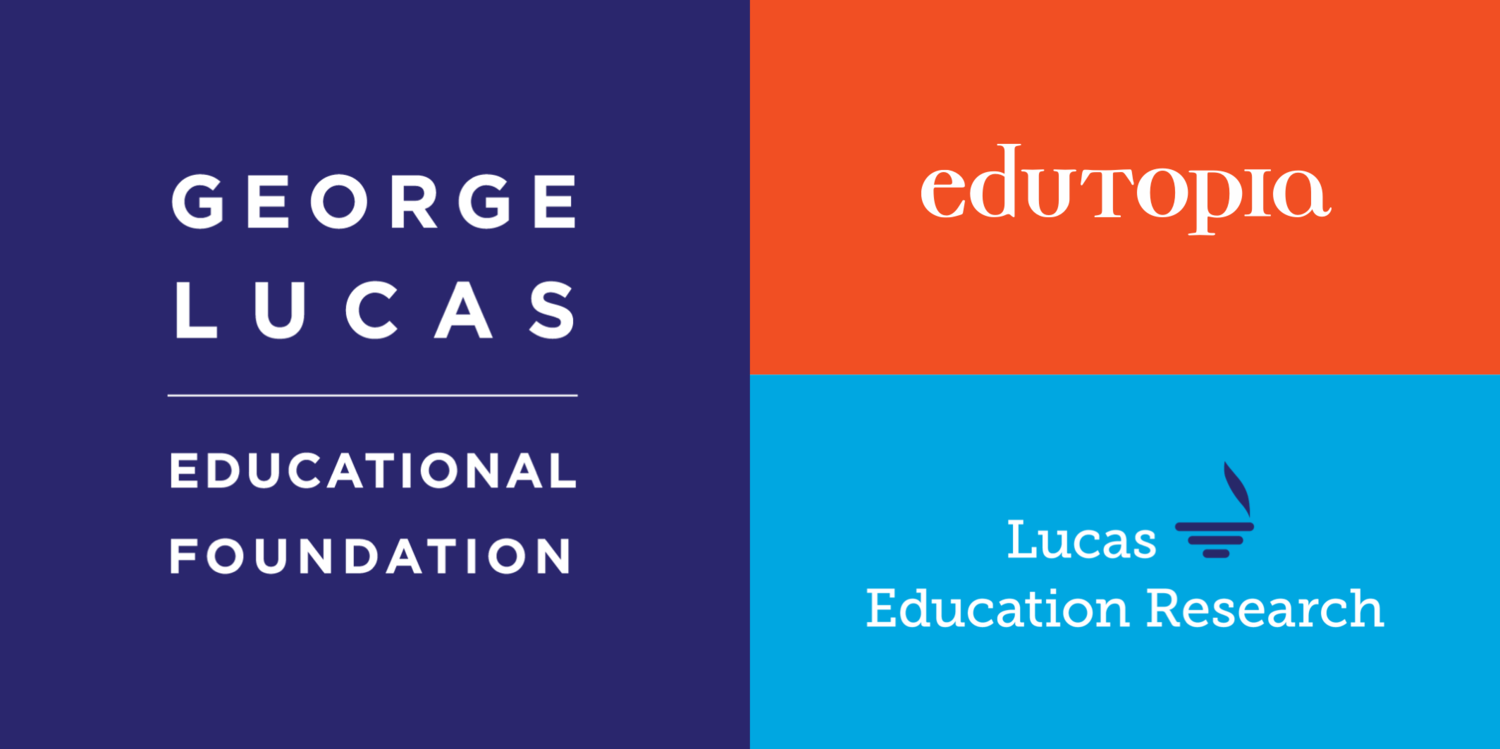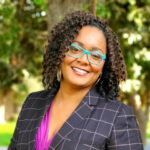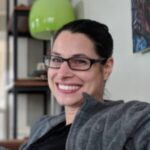Our Equity-Centered Learning Environments (ECLEs) work is funded by the George Lucas Educational Foundation and focuses on generating research insights via cross-institutional collaboration. We are one member of a four-team collaboratory that seeks to understand how to design for equity in digitally-mediated learning environments. However, our WDS team works most closely with colleagues from the Participating in Literacies in Computer Science (PiLa-CS) project at New York University which shares similar focus on how learners leverage cultural and linguistic repertoires in computational sensemaking. Our shared research question is around teachers’ pedagogical sensemaking in particular, as we ask:
- How do teachers disrupt ideological notions of what kinds of knowledge and language are “allowed” or welcomed in classroom spaces?
- How do these pedagogical moves transform who participates in classrooms, how they participate, and what they are able to learn?
These lines of inquiry are fruitful for our shared commitment to engaged research that serves teaching and learning while also advancing the field of the learning sciences. Both WDS and PiLa-CS projects take a translanguaging (García & Li Wei, 2014) approach which recognizes students’ navigation of multiple language practices (including dialects and communication forms) across home, school, and community environments as a strength, rather than a deficit. Further, both projects leverage conceptualizations of syncretic literacies (Gutiérrez, 2008; 2014) in which students are not only encouraged to use multiple language practices and knowledge/cultural repertoires, but also to explore the values, tensions, and power held in each.
Theoretically, our two projects present some of the first attempts to leverage multiliteracies and syncretic approaches to computing education, particularly through partnership with teachers in formal school settings. Our inquiry into how these theories work across our contexts—across different classrooms, subject areas, teachers, and computing content—helps us identify how we can maintain student-centered, regional, and structural flexibility in equity-oriented curriculum and pedagogy.
Teacher and school engagement is a core component of our shared work. Both projects center student voice using digital storytelling and expression, foster research-practice partnerships with teachers, and use accessible software platforms with multilingual support including Scratch and the Common Online Data Analysis Platform (CODAP) in two urban contexts: the San Francisco Bay Area and New York City. We are currently working to share the learnings about our primary research questions with a wider audience of teachers, which will be published here on our website in the coming months.
This project is generously sponsored by Lucas Education Research.




